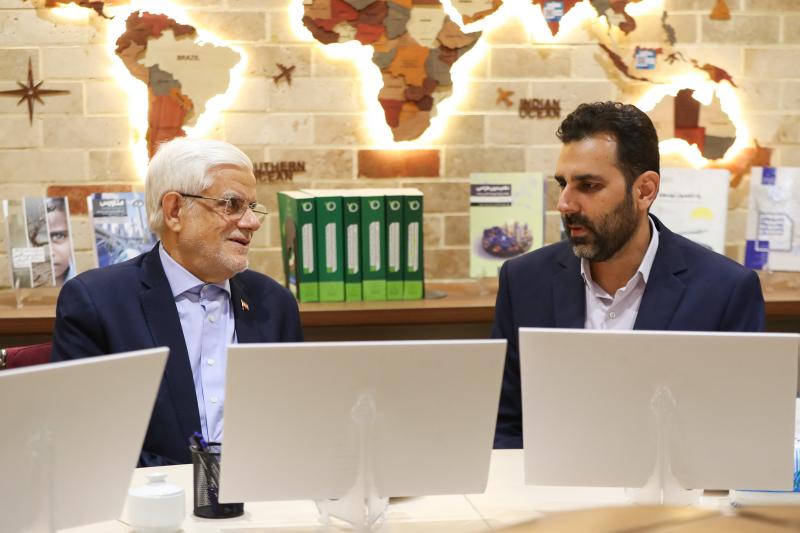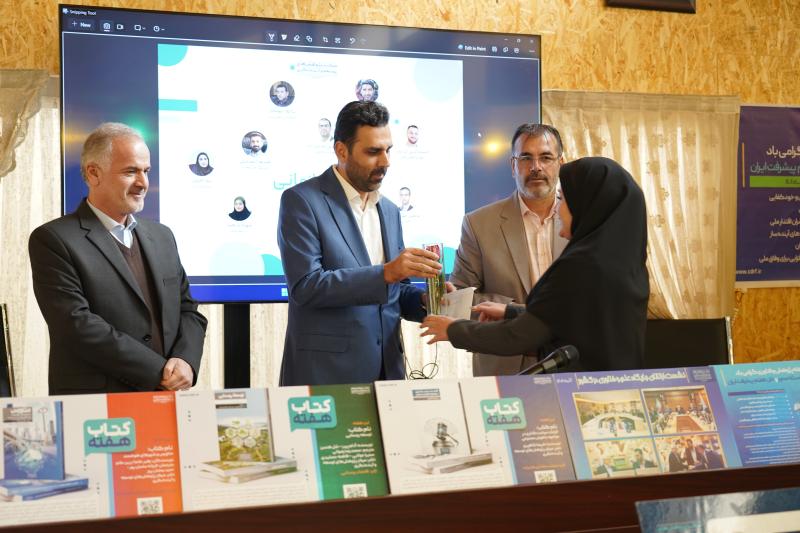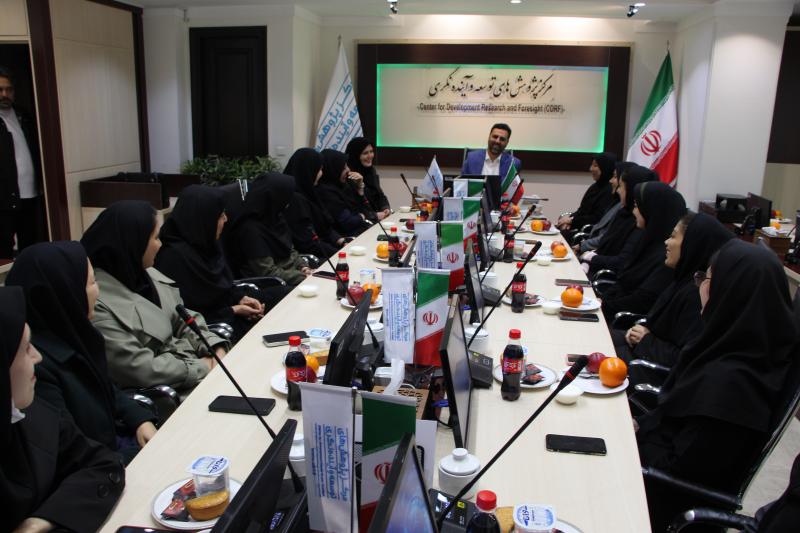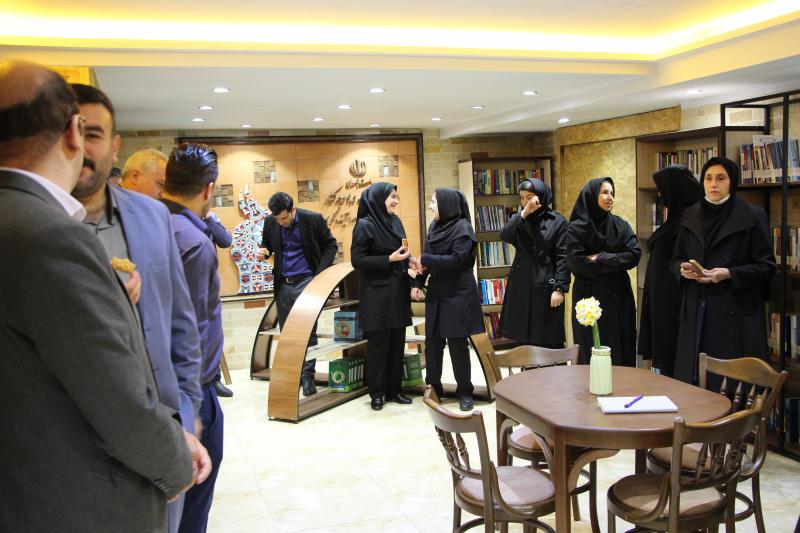
-
بررسی آییننامهها و دستورالعملهای برنامه هفتم پیشرفت
-
بررسی عوامل موثر بر افزایش تصادفات و تلفات جادهای و سوانح رانندگی و دادهکاوی تلفات انسانی
-
سازماندهی و بازآرایی فضایی آموزش عالی کشور
-
به روز رسانی سند ملی آمایش سرزمین
-
انجام مطالعات مناطق آزاد به عنوان نواحی پیشران اقتصادی کشور
-
اصلاح ساختار بودجه و پیاده سازی نظام یکپارچه مدیریت اطلاعات مالی دولت (IFMIS)
کلید واژه : Transparency
تعداد اخبار : 17
.jpg)
Mass housing is the public demand from the government.
The scientific-specialized meeting entitled "Strategies for addressing the Housing Supply Crisis" was held with the presence of Mr. Rouhollah Akbari, Special Assistant to the Minister and Secretary of the Committee of Housing of the Ministry of Roads and Urban Development, as the scientific director, Dr. Mohammad Hossein Sharifzadegan, Professor at Shahid Beheshti University and former Minister of Welfare and Social Security, and Dr. Abolfazl Norouzi, Advisor to the Minister and Director General of the Housing Economy Office of the Ministry of Roads and Urban Development, as speakers.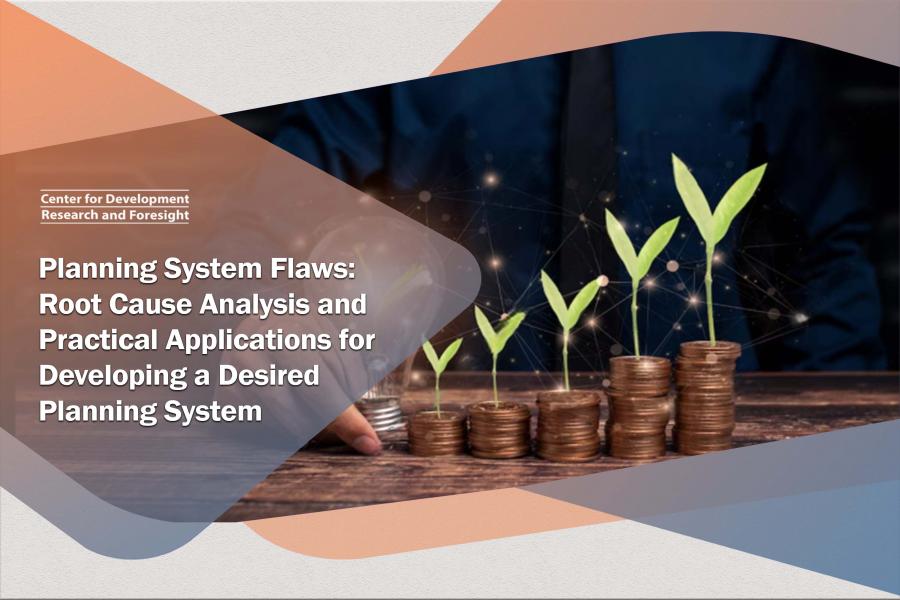
Planning System Flaws: Root Cause Analysis and Practical Application for Developing a Desired Planning System
The objective of this report is to comprehensively analyze and identify the underlying causes of deficiencies within the planning system of the country. The report examines the development programs implemented over the past 45 years, assesses the legal framework, and evaluates the objectives and performance of the planning system.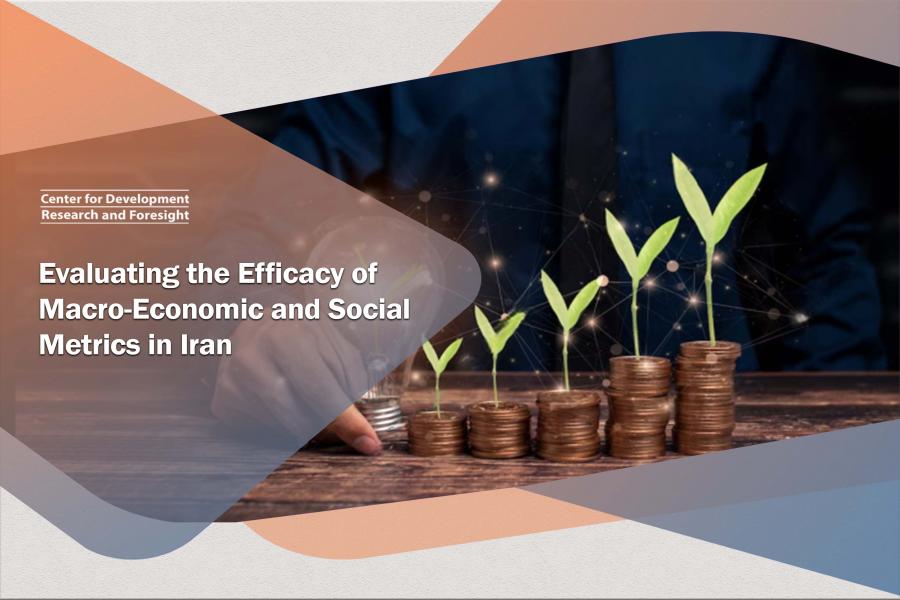
Evaluating the Efficacy of Macro-Economic and Social Metrics in Iran
The purpose of this report is to identify the root cause of the flaws in the planning system in the country. The report takes a general look at development programs in the last 45 years, assay the structure of laws, and examines the goals and performance of the planning system.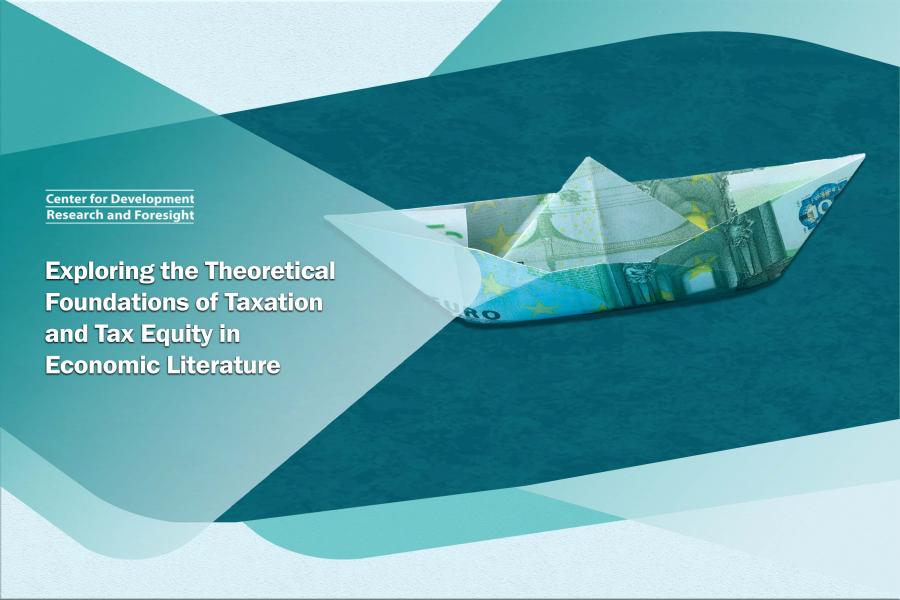
Exploring the Theoretical Foundations of Taxation and Tax Equity in Economic Literature
This report provides an in-depth exploration of the concepts of taxation and tax equity within the context of economic literature, illuminating the pivotal role of value judgments and assumptions in shaping tax policy and fairness. It underscores the notion that tax equity is predicated on specific assumptions such as the diminishing marginal utility of income and a universal utility function for all taxpayers. Acceptance of these assumptions lays the groundwork for advocating a fair tax system, whether proportional or progressive.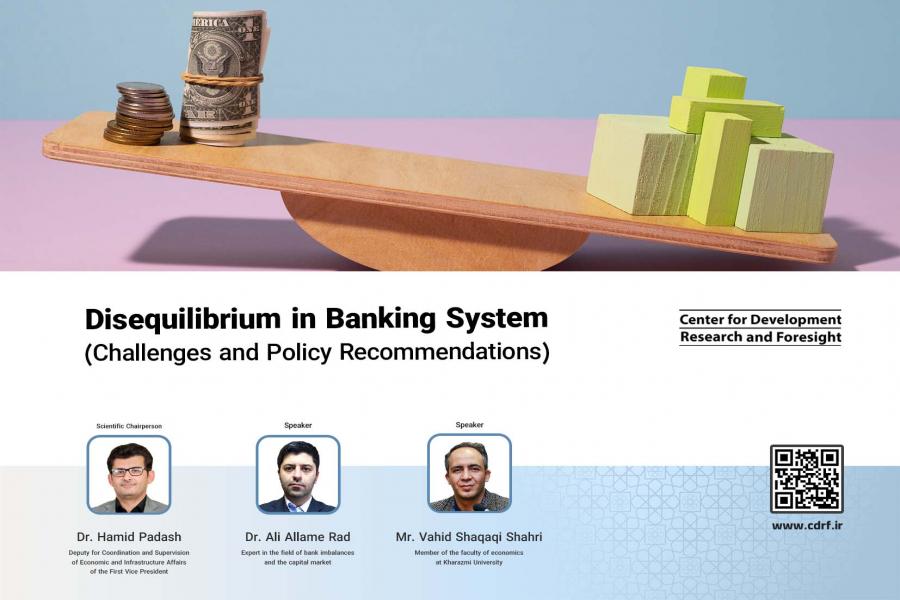
Disequilibrium in Banking System: Challenges and Policy Recommendations
The banking sector's disequilibrium has emerged as a pervasive and enduring challenge within the nation's macroeconomic framework. A series of strategic missteps have plagued the banking sector over the preceding four decades, including: the absence of unified Central Bank oversight from the late 1960s until 1994, despite formal recognition (substantive supervision remained deficient), the premature privatization of the banking industry without adequate national economic preparation, the imposition of government expenditures on private and non-governmental banks, particularly to offset a portion of the budget deficit, the perpetuation of a traditional view of money as a private commodity (a primary factor exacerbating domestic inflation), and vacillation between disparate economic schools, shifting from socialist to capitalist ideologies.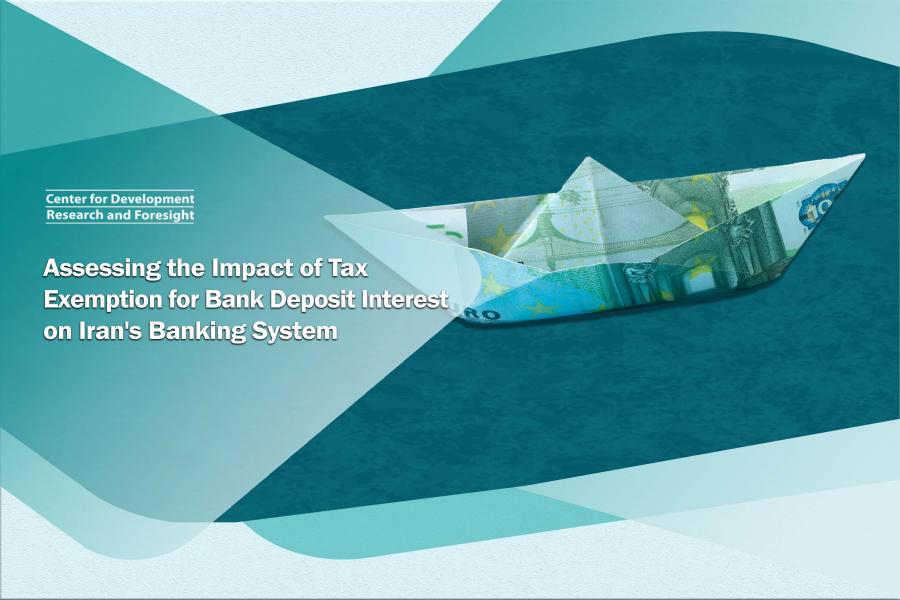
Assessing the Impact of Tax Exemption for Bank Deposit Interest on Iran's Banking System
The exemption of bank deposit interest from taxation within Iran’s financial system is a topic of considerable debate in this field. This research investigates whether the tax on deposit interest should be regarded as an integral component of the tax system or if it should continue to be exempt. Addressing this question, which forms the crux of this study, necessitates a comprehensive review of tax literature, the structure of Iran’s tax system, and its economic, social, and political conditions. This research adopts a three-step approach to address the issue of exempting bank deposit interest from taxation.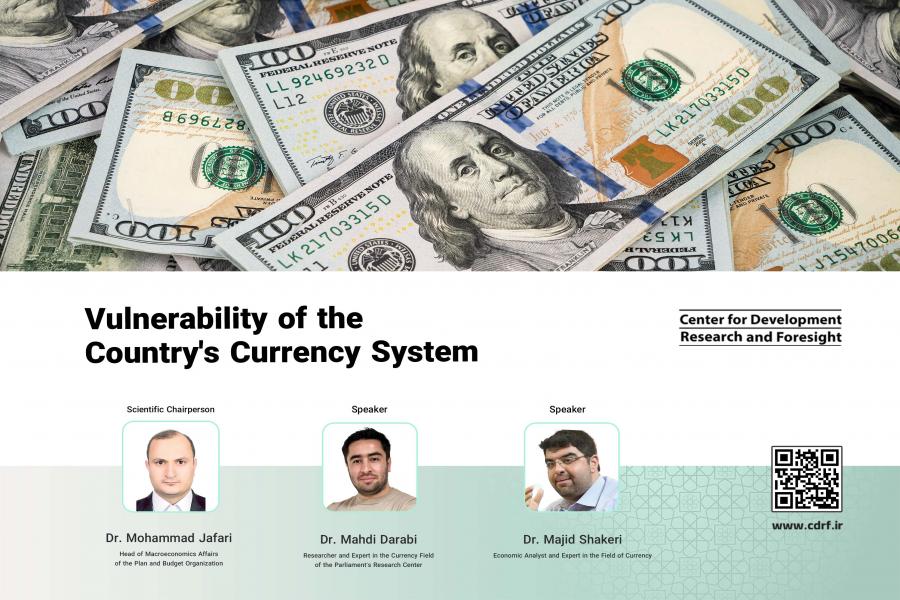
A Review of the Country's Foreign Exchange System: Identifying Vulnerabilities, Addressing Challenges, and Formulating Effective Policy Recommendations.
Exchange rates, as critical macroeconomic indicators, play a pivotal role in assessing a nation's economic resilience in the face of diverse shocks and uncertainties. Guided by their unique economic and political landscapes, as well as their status as oil exporters or importers, countries adopt specific currency regimes, each with its distinct set of requirements and constraints. An oil-exporting nation's economic priorities and strategies may diverge significantly from those of an oil-importing nation.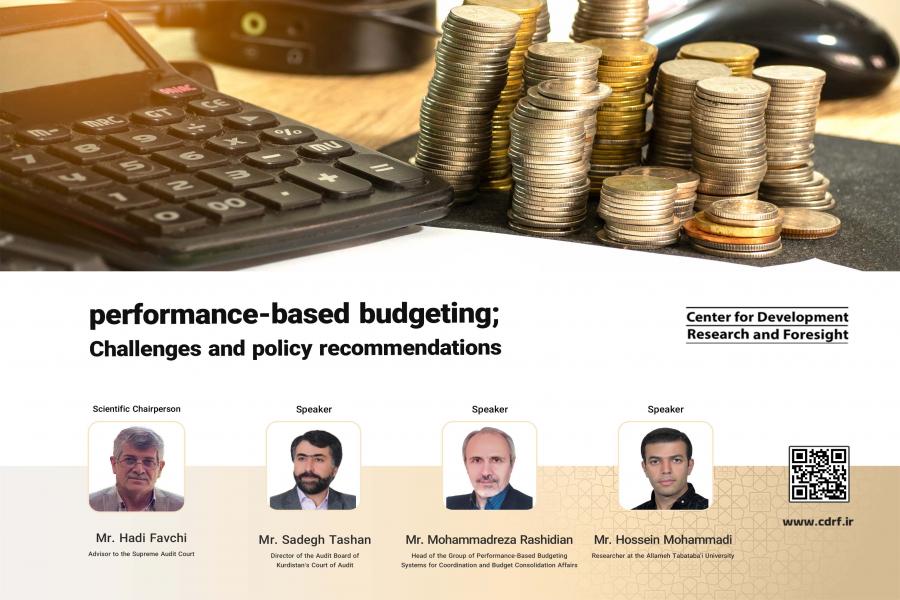
performance-based budgeting; Challenges and policy recommendations
Performance-based budgeting fosters optimal resource utilization, enhances productivity through efficiency improvement, facilitates the achievement of goals, aligns strategic objectives with operational plans, and promotes transparency and accountability. When properly implemented and scientifically managed, this type of budgeting lays the groundwork for good governance and facilitates the realization of societal values.
Automotive Industry: Challenges and Policy Recommendations
The recent conference at the Center for Development Research and Foresight, titled "Automotive Industry: Challenges and Policy Recommendations," was held with the participation of notable figures. These included Mohammad Jafari, Deputy for Strategic Planning, Development, and Resource Management of the Central Headquarters for Combating Smuggling of Goods and Currency; Biouk Alimoradlou, CEO of Bahman Group; and Amir Mohammad Kian Manesh, an expert in the automotive industry.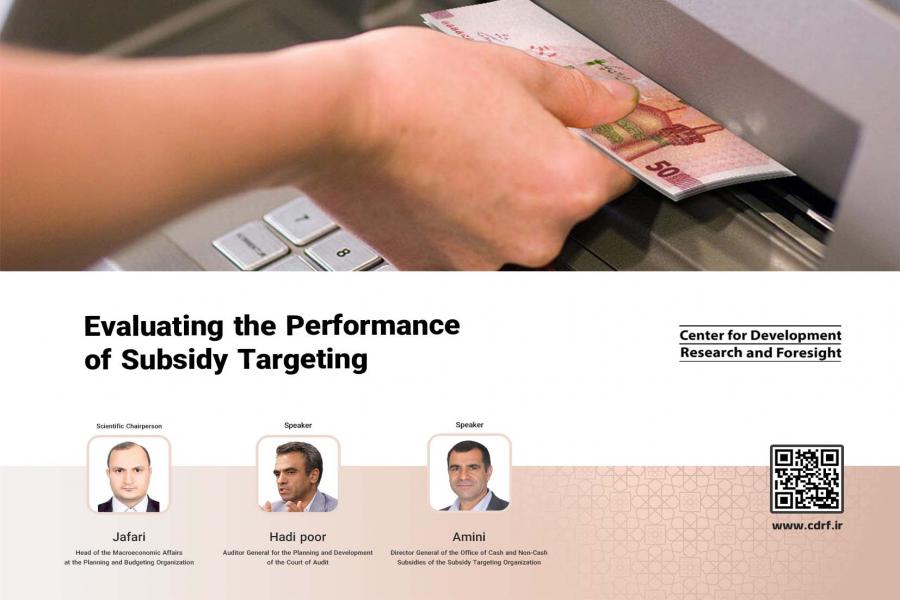
Evaluating the Performance of Subsidy Targeting
A heated debate unfolded at the conference titled “Evaluating the Performance of Subsidy Targeting” at the Center for Development Research and Foresight with key figures clashing over the effectiveness and future of the nation's complex support system.
The Importance of Data Mining in Financial Transparency
The recent conference at the Center for Development Research and Foresight brought together experts to discuss how data governance and mining can improve the country's budgeting process. The conference was part of an ongoing series aimed at improving budget transparency and efficiency.
Shedding light on the Minimum Wage Policy in Iran
The recent conference titled “Shedding light on the Minimum Wage Policy in Iran” at the Center for Development Research and Foresight brought together economists and policymakers to discuss the country's wage policies. Hojjatollah Mirzaei, a faculty member at Allameh Tabataba'i University, criticized the recent wage hikes as inadequate and unevenly implemented. He argued that they failed to keep pace with inflation, leaving workers worse off, and called for the government to be more transparent about the basis for the increases. Mirzaei also expressed concern about the lack of consistency across different sectors, noting that some firms struggle to comply with the mandated increases. He emphasized the need for a more nuanced approach that considers the specific challenges of different industries.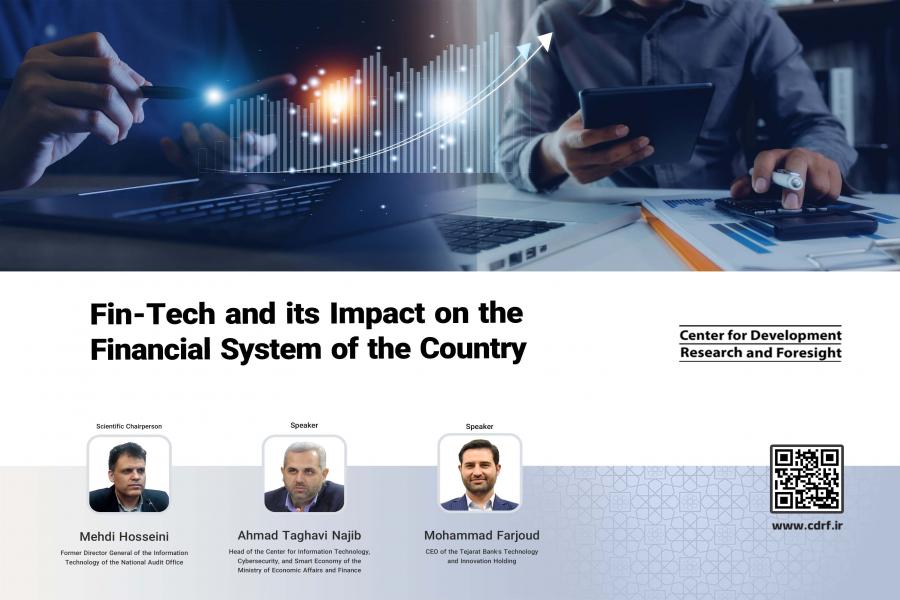
The Role of Financial Technologies in the Country’s Economic System: Challenges and Policy Recommendations
The scientific-specialized conference, titled "The Role of Financial Technologies in the Country's Economic System: Challenges and Policy Recommendations" at the Center for Development Research and Foresight brought together experts from various fields to discuss the potential and pitfalls of FinTech in Iran's developing economy.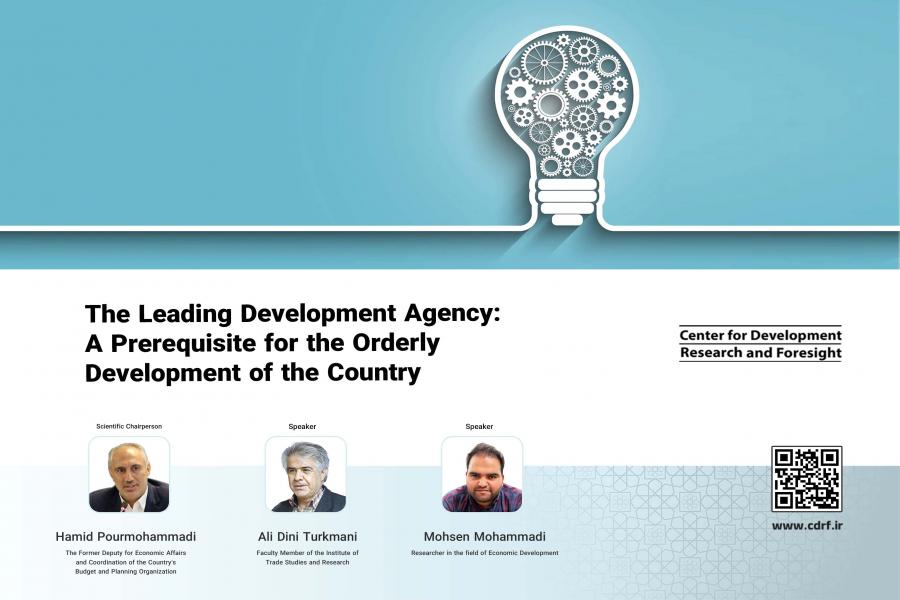
The Leading Development Agency: A Prerequisite for the Orderly Development of the Country
Iran might be looking to a new approach to development. The recent conference at the Center for Development Research and Foresight in tandem with the University of Tehran's Faculty of Governance titled "The Leading Development Agency: A Prerequisite for the Orderly Development of the Country" addressed the significance of a super agency with more power and a sharper focus than existing government bodies..jpg)
SMEs and Strategies to Overcome Barriers: The Role of Strategically-Aligned and Geographically-Proximate Countries
An international meeting held on April 24, 2024, at the Center for Development Research and Foresight, brought together experts to discuss the importance of small and medium-sized enterprises (SMEs) for economic growth and job creation, with a particular focus on the role of strategically-aligned and geographically-proximate countries. The meeting, titled "SMEs and Strategies to Overcome Barriers: The Role of Strategically-Aligned and Geographically-Proximate Countries," was led by Aidin Salamzadeh, the vice dean of the faculty of business management at the University of Tehran, who welcomed professor Galina Shirokova, the director of the Center for Strategic Entrepreneurship at HSE University of Saint Petersburg, Morteza Mohammadi Zanjireh, a faculty member at Imam Khomeini International University, and 17 university professors from St Petersburg University, Moscow State University, University of Calgary, and University of Notre Dame. 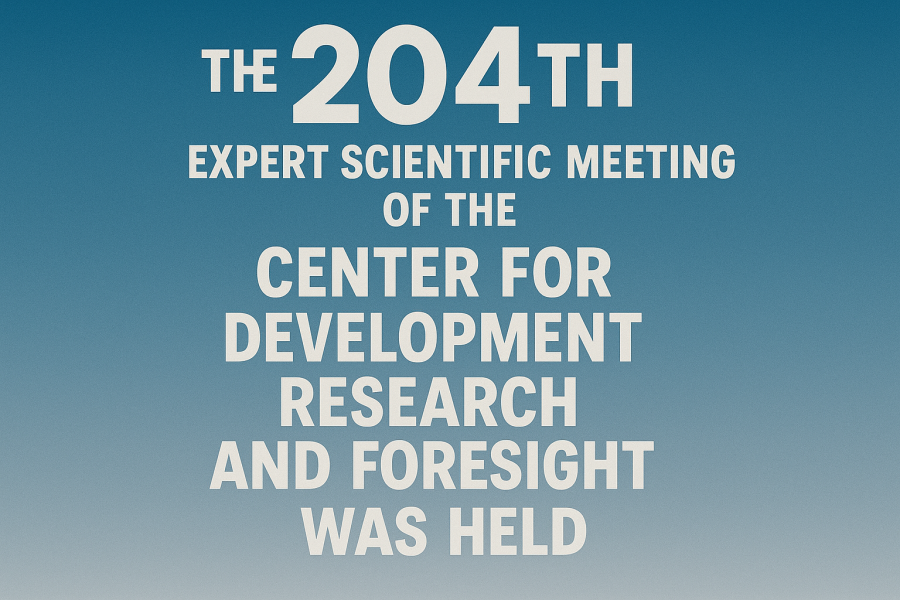
The 204th Expert Scientific Meeting of the Center for Development Research and Foresight (CDRF) was held.
According to the Public Relations Office of the CDRF, the 204th Expert Scientific Meeting of the CDRF was held on Tuesday, April 15, 2025, under the title 'The Government's Orientation in Fulfilling the 1404 Slogan (Investment for Production).

